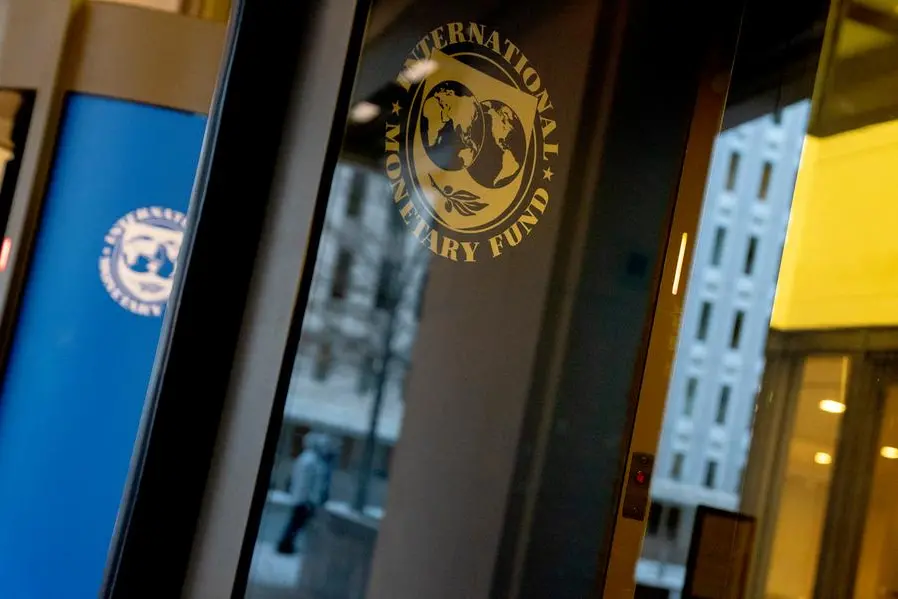PHOTO
The Philippines is expected to gain more from the financial integration in the Association of Southeast Asian Nations (ASEAN), according to a working paper from the International Monetary Fund (IMF).
The paper titled 'ASEAN-5: Further Harnessing the Benefits of Regional Integration Amid Fragmentation Risks,' said the Philippines would gain more because the country has one of the lowest level of financial development in the region.
'While all countries have potential gains from financial integration, Indonesia and Philippines, which have the lowest level of financial development, would gain more with an average growth impact of about 3.5 percentage points,' the IMF said.
The paper pointed out that the Philippines and Indonesia have room to improve on various dimensions, including information technology (IT) integration, training and education, talent and regulatory framework.
On the other hand, Thailand and Malaysia, which have a smaller financial development gap compared to Singapore, have lower gains albeit non-negligible, at an average of about 1.2 percent additional growth.
Overall, the paper's findings show that the potential growth benefits from financial integration in the ASEAN-5 region are non-negligible and will vary across countries and sectors.
'We, thus, estimate the growth effect of raising financial development in the other ASEAN-5 countries (Indonesia, Malaysia, Philippines and Thailand) to the level in Singapore, which presumably could take a long time to achieve,' it said.
Furthermore, IMF added that the role of capital account liberalization in shaping the gains from financial integration is particularly prominent in countries with relatively high degree of restriction in capital flows, including the Philippines, Thailand, and Malaysia.
The Philippines has entered into tripartite cross-border agreements with Malaysia and Singapore through Manila-based interbank network operator BancNet, which connects ATM networks of local and offshore banks.
Like most countries, the ASEAN-5 economies have faced several headwinds that can hinder global and regional integration.
The COVID pandemic and associated protectionism measures at the onset of the health crisis have exposed vulnerabilities of global value chains, although they tended to be mostly short-lived.
The IMF also cited the recent rises of geopolitical tensions since Russia's invasion of Ukraine have further increased the risks of geoeconomic fragmentation.
'ASEAN-5 economies are highly vulnerable to global economic fragmentation, particularly through trade-related channels, as supply chains disruptions could adversely impact important sectors of their economies that are highly integrated into global value chains, for example electronics,' it said.
Despite notable progress, the multilateral lender said regional trade integration could be further strengthened, especially with the recent ratification of the Regional Comprehensive Economic Partnership.
'As financial integration may also present some risks and challenges, ASEAN economies should carefully proceed to contain risks to financial stability,' it said.
According to the paper, efforts toward more financial openness should be preceded by strong macroeconomic fundamentals and efforts to increase the resilience of domestic financial systems, including through enhanced information sharing, surveillance and crisis management, and a regional safety net.
Copyright © 2022 PhilSTAR Daily, Inc Provided by SyndiGate Media Inc. (Syndigate.info).





















